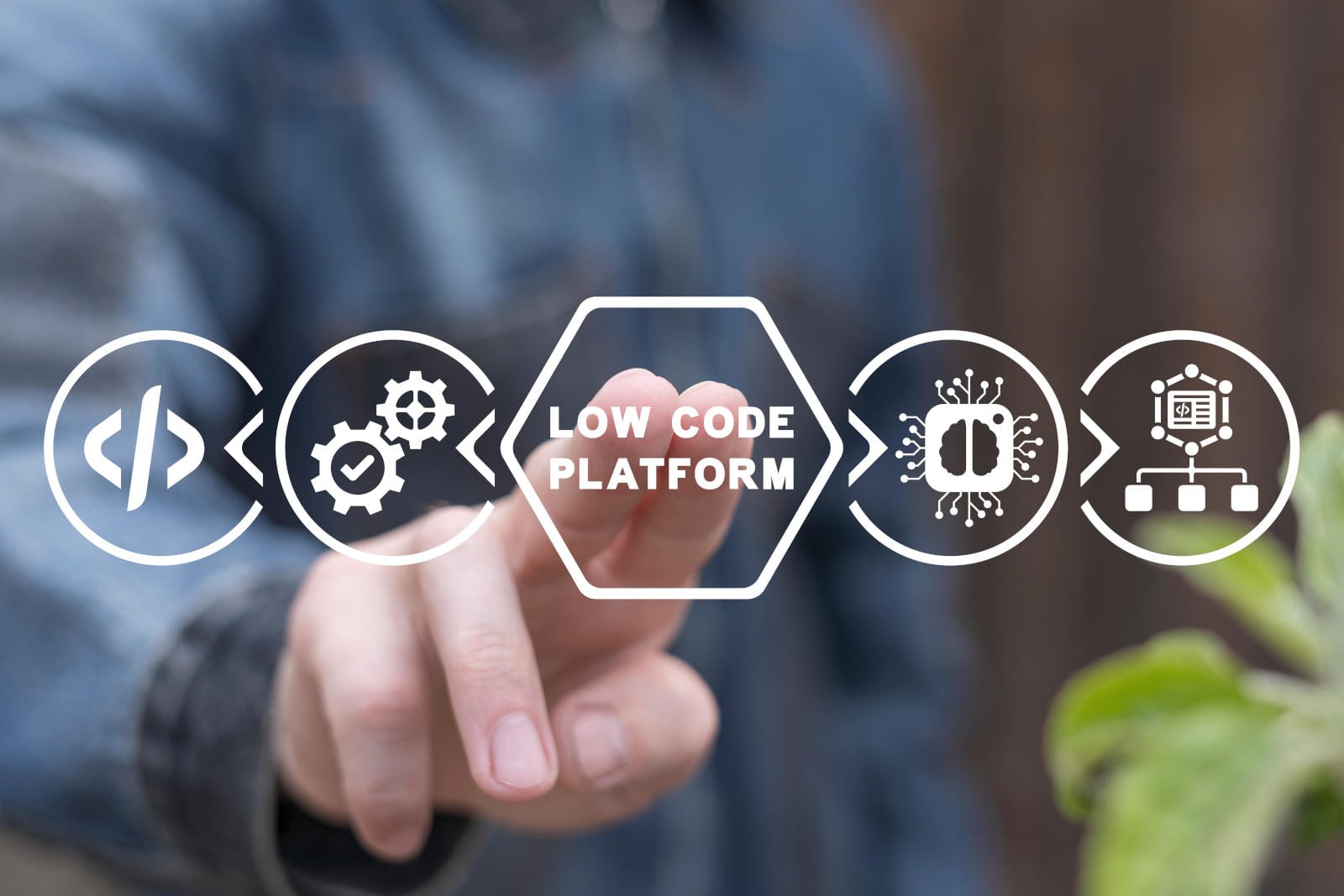Oracle APEX - Transforming Cerner

Larry Ellison's Game-Changing Strategy
A while ago, on September 11, Larry Ellison, Oracle's Executive Chairman and Chief Technology Officer, revealed an ambitious plan for the company's future. Ellison shared that Oracle is initiating a "two-phase process" to revamp its next-generation Cerner system, known as Millenium.
Cerner and Oracle are teaming up to revolutionise healthcare. They're working together to make care smoother, increase efficiency, boost data security, and establish a connected healthcare system. This partnership is changing the healthcare landscape, providing improved experiences for patients, providers, and payers.
This blog post will analyse the call and discuss Oracle's future software development plans, expressing opinions on what this transformative journey means for Oracle, its customers, and the broader technology landscape.
Phase 1: Strengthening the Foundation
Ellison started by highlighting the crucial task of "strengthening the existing system." In this initial phase, the focus is on improving the current software setup, making it stronger and more resilient. The main goal during this stage is to guarantee that Oracle's products are well-prepared to address the changing requirements and challenges of the digital age.
A crucial part of this stage involves shifting customers to the cloud. The cloud is the future of computing, providing unmatched scalability and flexibility. Oracle's goal in moving its customers to the cloud is to offer better performance and increased security.
In our highly connected world today, these two aspects are extremely important. Ellison also hinted at the introduction of new features resulting from this migration, making it an enticing opportunity for Oracle's user base.
Phase 2: Embracing A New Approach
In the second phase of Oracle's transformation journey, the plan is to replace the older Cerner system, feature by feature, with a new Millennium system. What adds an extra layer of interest to this phase is the unconventional approach that Oracle is adopting.
Instead of coding in the traditional Java language, Oracle is opting for APEX, a low-code development platform that has been gaining momentum in recent years.
We have a new programming language. We have Java, and we love Java. We use it a lot for building applications. But we have this other low-code application development tool called APEX. – Larry Ellison
The move to APEX showcases Oracle's dedication to innovation and efficiency. By using APEX to generate code, Oracle can simplify the development process and roll out new features more quickly. APEX also allows Oracle to tap into the latest advancements in software development, offering users a more agile and feature-rich experience.
Larry Ellison expressed his confidence in this approach, stating that "it's going extremely well". This is encouraging news for Oracle's customers, suggesting that the company is making good progress toward providing a more capable and future-ready system.
Takeaways?
Oracle's choice to adopt APEX in the Oracle Cloud for the transformation of Cerner Millennium serves indeed as a strong endorsement of the platform's capabilities.
Significantly, APEX, being a low-code development platform, empowers developers to create and launch robust web applications with exceptional ease and efficiency. This makes it an outstanding choice, especially for intricate enterprise applications such as Electronic Health Record (EHR) systems.
While APEX has been widely utilised within Oracle, both internally and externally, with notable examples like AskTom, a well-known online resource for Oracle database-related questions and insights, what truly stands out is its groundbreaking selection for intricate enterprise EHR systems like Millennium. This elevates its significance to the next level.
The importance of APEX in the field of enterprise application development becomes clear due to various notable advantages:
- Agile Development: APEX already speeds up the application development process by providing a variety of pre-built components and features. This efficient approach minimises the requirement for extensive coding, resulting in quicker project delivery.
- Seamless Scalability and Robust Security: APEX leverages the capabilities of the Oracle Database, acknowledged as one of the most scalable and secure database platforms. This guarantees that APEX applications can effectively handle large datasets and sudden increases in traffic while maintaining strong defenses against security threats.
- Economical Operations: APEX empowers organisations to significantly reduce their development and maintenance costs. The need for fewer developers and reduced coding requirements translates to substantial savings, making it a financially wise choice.
Game changer?
The most significant aspect of this information goes beyond being a recent development. Oracle APEX has been around since as early as 2004. What's truly remarkable in this call and Larry's keynotes at Oracle CloudWorld 2023 is the groundbreaking fact that APEX applications are now being generated using generative AI. This will be a big step forward in making business development smoother and more efficient.
It supports our decision to build a team of APEX consultants for Low Code. Instead of people doing the coding, we might use Artificial Intelligence. But the important parts, like designing, planning, and optimising, will still be done by experienced consultants who bring extra value to any business.
Future of development
Is it justifiable to persistently invest in established development languages such as Java or .NET while Oracle is wholeheartedly embracing low code and AI technologies?
This is something I've been thinking about as technology keeps changing quickly. Deciding between sticking with traditional languages and adopting Oracle's low-code and AI solutions isn't a straightforward choice. It's more about figuring out the right mix and considering the situation.
Traditional development languages are essential in certain situations, but going for low code and AI-driven approaches can be a game-changer, especially for cases where speed, adaptability, and a better user experience matter. This balance shows that while traditional tools are still important, low code is the way to go into the future.
Find out more about our APEX Consultancy Services.
